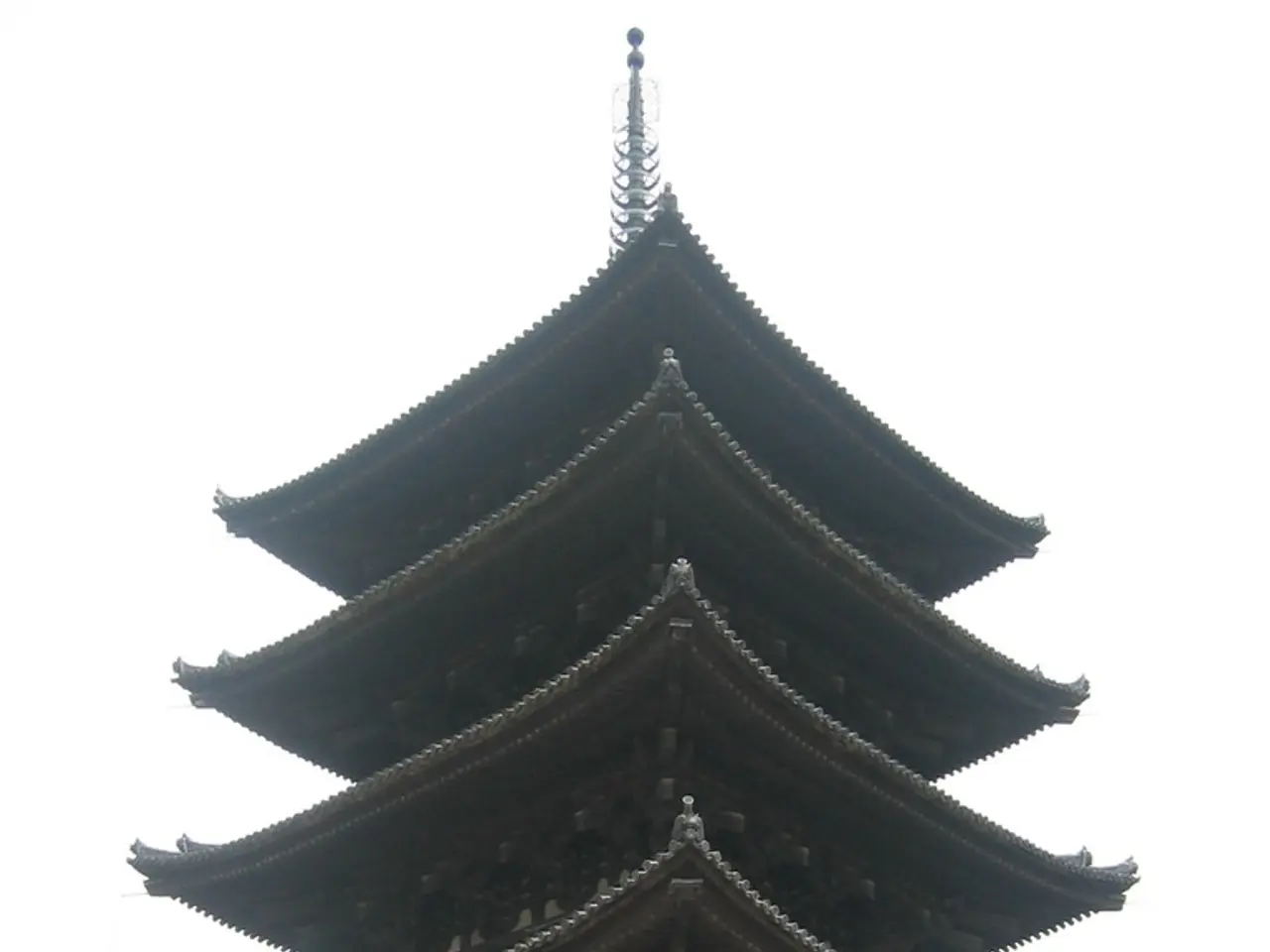China's Desired Outcomes from Europe
In the ever-evolving global landscape, the relationship between Europe and China is a multifaceted tapestry of cooperation, competition, and potential conflict. This relationship, marked by the EU's reliance on China for strategic minerals and the need for Chinese technology to green its electricity grids, presents both opportunities and challenges.
**Trade and Economic Relations**
The EU and China have a complex relationship, with tensions arising over issues like the Comprehensive Agreement on Investment (CAI) and trade sanctions. However, there is a growing diplomatic thaw, with renewed collaborations in sectors such as green energy, digital infrastructure, and manufacturing. This thaw is creating opportunities for cross-border investments, particularly in areas like solar, wind, and hydrogen energy.
**Rare Earths and Resources**
Europe's heavy dependence on China for rare earth elements, critical for advanced technologies, poses strategic risks. China can potentially leverage its control over these resources to influence European policy. In response, Europe is seeking to reduce its reliance on Chinese rare earths by diversifying suppliers and investing in recycling technologies.
**Geopolitical Conflicts**
The rivalry between the US and China is reshaping Europe’s strategic calculus. Europe is seeking strategic autonomy to navigate this rivalry better, focusing on security, economic, and technological self-sufficiency. Europe is concerned about China's growing influence in global affairs, including its perceived support for Russia in the Ukraine conflict. These tensions complicate EU-China relations and underscore the need for a balanced approach between cooperation and competition.
**Upcoming Developments**
The upcoming EU-China summit in July 2025 marks the 50th anniversary of their diplomatic relations. This event aims to reset the relationship amidst global geopolitical shifts, promoting dialogue and cooperation in areas of mutual interest. The EU-China Strategic Dialogue in Brussels precedes the summit, focusing on regional hotspots and global governance issues. These dialogues are crucial for addressing strategic challenges and fostering collaborative solutions.
In summary, Europe's relationship with China is a delicate balance that requires a nuanced approach. While Europe needs Chinese technology and resources to achieve its clean energy goals, it also seeks strategic autonomy to navigate global geopolitical conflicts. The upcoming EU-China summit and strategic dialogue offer opportunities to reset and strengthen this relationship, fostering collaboration in areas of mutual interest.
- The complex relationship between Europe and China presents opportunities for cooperation in sectors like education-and-self-development, encouraging personal-growth and mindfulness.
- The diplomatic thaw between the EU and China opens doors for collaborations in online-education, fostering a lifelong-learning culture.
- The lack of cooperation in skills-training may hinder productivity and career-development for both regions.
- Europe's dependency on China for rare earth elements creates challenges for job-search in advanced technology sectors.
- Policy-and-legislation efforts are underway to reduce China's influence in Europe's technology sectors to ensure future security.
- War-and-conflicts, like car-accidents and fires, can disrupt trade between Europe and China, affecting the global economy.
- Politics played a significant role in the tensions that arose over the Comprehensive Agreement on Investment (CAI) between the EU and China.
- The need for Chinese technology to green Europe's electricity grids highlights the importance of policy-and-legislation to support clean energy initiatives.
- Europe's strategic autonomy is crucial in navigating the impact of war-and-conflicts like the Ukraine conflict, where China is perceived to support Russia.
- The upcoming EU-China summit in July 2025 presents an opportunity to address issues like crime-and-justice, emphasizing the need for collaboration in global governance.
- General-news coverage of Europe-China relations often focuses on geopolitical conflicts and potential economic implications.
- The strategy of diversifying suppliers for rare earth elements is a key part of Europe's policy-and-legislation to achieve independence in resources and reduce dependency on China.
- Europe's reliance on China for strategic minerals has raised concerns about potential accidents and mishandling during transportation.
- Investments in learning new skills, such as weather-forecasting or sports-betting, can contribute to personal-growth and job-search opportunities.
- The European Union is seeking to reduce its reliance on Chinese technology by investing in domestic alternatives for digital infrastructure.
- The rivalry between China and the US impacts the economic relationships and potentially leads to shifts in political alliances, such as those seen in the basketball world, like the NBA, WNBA, and NCAA-Basketball.
- Sports, like football (soccer), the Champions League, NFL, MLB, NHL, racing, golf, tennis, premiership leagues, mixed-martial-arts, and horse-racing, are areas for potential collaboration and cooperation between Europe and China.
- The lack of cooperation in sports can lead to prolonged conflicts in the European leagues, impacting the overall global sports landscape.
- Europe's focus on security and economic self-sufficiency is an initiative for achieving strategic autonomy in the face of increasing competition from China and other global powers.
- The EU and China's relationship can influence the global markets and economic growth, impacting productivity, investments, and potential employment rates.
- The current geopolitical conflicts between China and Europe are complicating the efforts to tackle shared challenges, like climate change, and achieve common goals for general-news.
- The EU's future collaboration in solar, wind, and hydrogen energy sectors can contribute to shared goals in education-and-self-development and personal-growth.
- The EU's strategic autonomy is a double-edged sword, as it may lead to decreased cooperation in areas like accident prevention and emergency response.
- Goal-setting for cooperation between Europe and China in areas like regional hotspots and global governance is essential for creating a more peaceful and prosperous global community.
- The impact of weather events like fires or severe weather on Europe-China relations is often underestimated, emphasizing the need for better weather forecasting and resource management.




